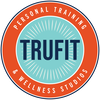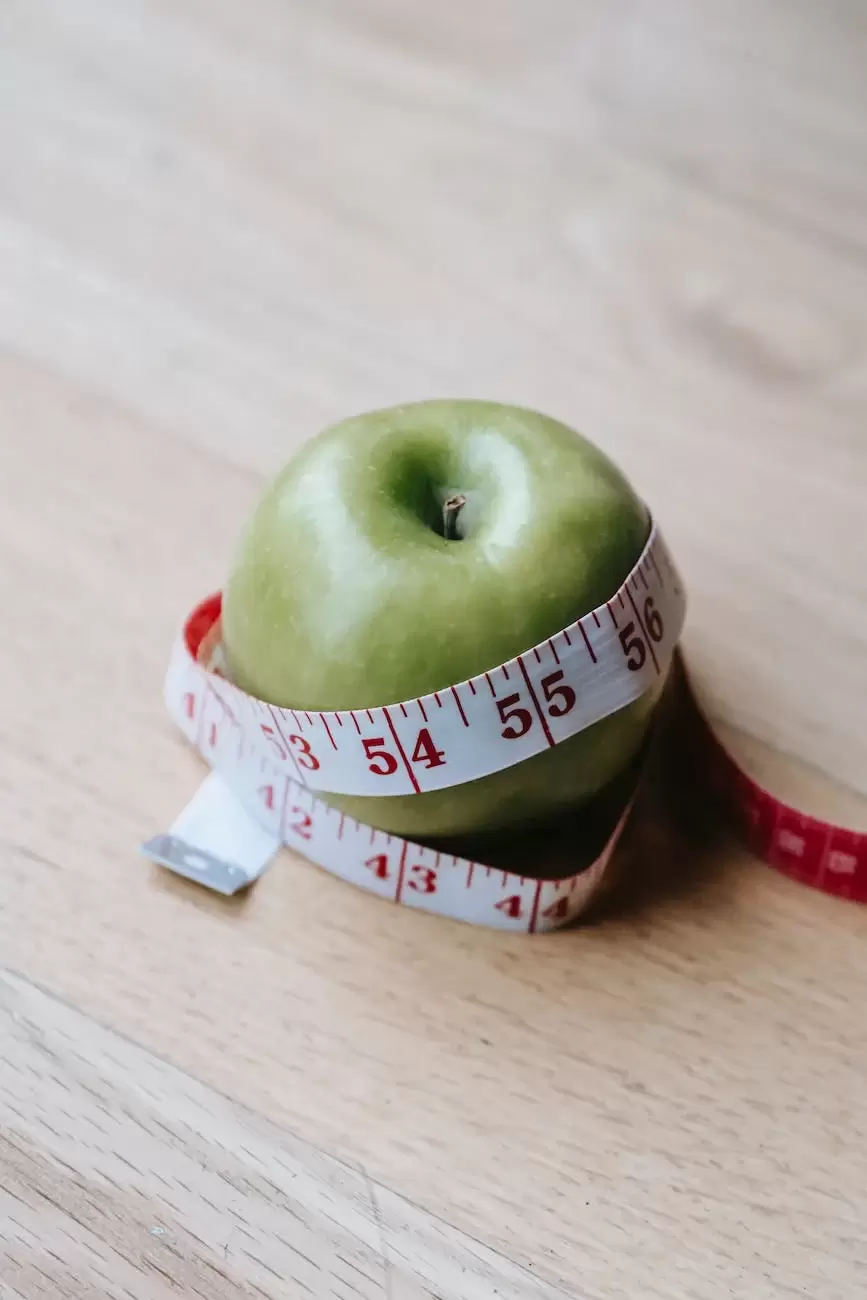The Importance of Nutrition in FitnessAs a fitness enthusiast, you would understand that exercise is only one part of the equation to achieving your fitness goals. The other crucial component is nutrition. In fact, having the right diet can significantly enhance your workout performance and help you achieve your fitness goals faster. This article will delve into how nutrition fuels your workout and the importance of balancing diet with exercise as part of our Evanston fitness nutrition tips. How Nutrition Fuels Your WorkoutNutrition plays a significant role in fueling your workouts and helping your body recover post-exercise. The food you eat provides the energy needed to perform your workout effectively. Carbohydrates, for instance, are the primary energy source for most types of workouts, and they're used to fuel muscle contractions. Protein, on the other hand, is essential for the repair and growth of muscle tissue. After a workout, your muscles use the protein from your diet to repair the fibers that were broken down during the exercise. A lack of adequate protein in your diet can lead to muscle loss and fatigue. Moreover, fats are another essential macronutrient that provides energy, particularly for longer and lower-intensity workouts. They also play a vital role in hormone production, which, in turn, supports muscle growth and performance. For more details on how to tailor your diet to your fitness goals, check out our article on nutrition advice for gym goers. Balancing Diet with ExerciseBalancing your diet with exercise is equally important in your fitness journey. Consuming the right amount and type of nutrients before, during, and after your workout can help improve your performance and recovery. Before a workout, a meal rich in carbohydrates can provide you with the energy to power through your exercise. During your workout, it may be beneficial to stay hydrated and have small amounts of carbohydrates, especially during long, intense workout sessions. After your workout, consuming the right amount of carbohydrates and protein can help replenish energy stores and repair muscle tissues. However, it's important to keep in mind that everyone's body responds differently to exercise and diet. What works for one person might not work for another. Therefore, it's always a good idea to consult with a fitness or nutritional professional to determine the best dietary approach for your specific needs and fitness goals. Balancing your diet with exercise is an integral part of a holistic approach to fitness. For more guidance on how to balance nutrition with lifestyle and taste preferences, you can check out our article on clean eating for fitness enthusiasts. Remember, achieving your fitness goals is not just about sweating it out in the gym. It's about making conscious decisions about what you put into your body. Proper nutrition fuels your workouts, aids in recovery, and helps you get one step closer to your fitness objectives. Nutritional Basics for Fitness EnthusiastsAs an Evanston fitness enthusiast, understanding the nutritional basics is key to fueling your workouts and achieving your fitness goals. These basics revolve around macronutrients, micronutrients, and hydration. Macronutrients: Protein, Carbohydrates, and FatsMacronutrients are the nutrients your body needs in large amounts to function properly. They include protein, carbohydrates, and fats, each playing a crucial role in your fitness journey. Protein is essential for muscle repair and growth. As a fitness enthusiast, your protein needs are higher than those of sedentary individuals. Carbohydrates are your body's primary energy source. They fuel your workouts and support your recovery process. Fats are vital for hormone production and nutrient absorption. They also provide a secondary source of energy, especially during long and low-intensity workouts. To get a better understanding of how these macronutrients contribute to your fitness progress, you can read our article on nutrition advice for gym goers. Micronutrients: Vitamins and MineralsWhile needed in smaller amounts, micronutrients, which include vitamins and minerals, are equally important for your fitness journey. They support energy production, muscle contractions, bone health, and immunity, among other functions. For instance, vitamins like B-complex help convert nutrients into energy, vitamin D aids in calcium absorption for bone health, while iron helps transport oxygen to your muscles. For more detailed information on micronutrients and their role in fitness nutrition, check out our article on nutrition guidelines for active individuals. The Role of Hydration in FitnessHydration plays a significant role in your fitness performance and recovery. Water helps regulate your body temperature, lubricate your joints, and transport nutrients to give you energy and keep you healthy. If you're not hydrated, your body can't perform at its highest level. As a rule of thumb, aim to drink at least 2-3 liters of water per day. This amount should be increased if you're participating in intense workouts, as you lose water through sweat. Understanding the value of hydration in fitness, along with the essential role of macro and micronutrients, is a key aspect of our Evanston fitness nutrition tips. For more comprehensive guidelines on nutrition for gym-goers, you can visit our article on quality-conscious gym nutrition. Evanston Fitness Nutrition Tips: Eating for Muscle GainIn your fitness journey, if your goal is to gain muscle, it's crucial to align your nutrition with your workout regimen. Here, you'll find some key Evanston fitness nutrition tips to support muscle building and growth. Importance of ProteinProtein plays a vital role in building and repairing muscles. When you engage in strength training or resistance exercises, you create microscopic tears in your muscle fibers. Protein aids in repairing these tears, leading to muscle growth. The recommended dietary allowance for protein is 0.36 grams per pound of body weight. However, if you're focusing on muscle gain, you might need to consume more. A guideline often used by fitness enthusiasts is 0.6 to 0.9 grams of protein per pound of body weight.
Good sources of protein include lean meats, poultry, fish, dairy products, eggs, legumes, and nuts. For more information on how to incorporate these into your diet, check out our article on healthy diet for gym goers. Timing Your MealsWhen it comes to muscle gain, not only what you eat but also when you eat is important. Nutrient timing can significantly impact your body's ability to recover and grow after a workout.
To learn more about the importance of meal timing and get some meal ideas for pre and post-workout, visit our blog post on nutrition advice for gym goers. Using these Evanston fitness nutrition tips, you can ensure your nutrition supports your muscle gain goals. Remember, there's no one-size-fits-all approach to fitness nutrition. What works best for you will depend on your body, your goals, and your lifestyle. Always listen to your body and adjust your dietary plan as necessary. Evanston Fitness Nutrition Tips: Eating for Fat LossAchieving fat loss is a common goal among fitness enthusiasts. The key to this is not simply working out, but also managing your nutrition effectively. In this section, we offer Evanston fitness nutrition tips that can help you make the right dietary choices for fat loss. Creating a Caloric DeficitOne of the primary principles of fat loss is creating a caloric deficit. This means you should aim to consume fewer calories than your body uses. By doing so, your body will start to use stored fat as an energy source, leading to weight loss. To create a caloric deficit, you first need to determine your total daily energy expenditure (TDEE), which is the total amount of calories you burn in a day. This takes into account your basal metabolic rate (BMR) and the calories burned through physical activity. Once you've determined your TDEE, aim to consume around 500-1000 calories less per day to create a healthy caloric deficit.
Always remember, creating a caloric deficit should be done carefully. Cutting out too many calories can lead to nutrient deficiencies and harm your overall health. That's why it's recommended to seek professional advice or visit our nutrition advice for gym goers for more information. Optimal Foods for Fat LossWhen it comes to fat loss, not all calories are created equal. Choosing nutrient-dense foods can help you feel fuller longer, making it easier to stick to your calorie goals. Here are some food groups you should focus on:
Remember, the goal is to create a sustainable eating pattern that you can stick to in the long run. Crash diets or extreme calorie restriction are not only unhealthy but also unsustainable. For more information on creating a balanced and sustainable diet, check out our article on clean eating for fitness enthusiasts. Evanston Fitness Nutrition Tips: Eating for PerformanceWhen you're committed to optimizing your performance, the right nutrition can make a significant difference. Let's explore some key Evanston fitness nutrition tips that focus on eating for performance. Pre-Workout NutritionBefore you hit the gym, it's crucial to fuel your body with the right foods. A balanced pre-workout meal should include a good mix of carbohydrates and protein to provide sustained energy and support muscle function. Here's a sample pre-workout meal plan:
Remember, the timing of your pre-workout meal is also important. Aim to eat your meal 2-3 hours before your workout to allow for proper digestion and absorption. If you're pressed for time, a light, easily digestible snack 30-60 minutes before your workout can also be effective. For more detailed nutrition advice for gym goers, check out our article on healthy diet for gym goers. Post-Workout Recovery FoodsAfter a tough workout, your body needs the right nutrients to repair and build muscles. A post-workout meal should include high-quality protein to support muscle recovery and complex carbohydrates to replenish glycogen stores. Here's a sample post-workout meal plan:
Try to consume your post-workout meal within 45 minutes after your workout. This is when your body is most receptive to nutrients and can utilize them effectively for muscle recovery and growth. For a deeper dive into what quality-conscious gym nutrition should look like, check out our article on nutrition guidelines for active individuals. Remember, these are general guidelines. Everyone's body responds differently to different types and amounts of food. It's always a good idea to experiment and see what works best for your body and fitness goals. The key is to focus on whole, nutritious foods that support your energy levels and recovery. For more Evanston fitness nutrition tips, check out our article on clean eating for fitness enthusiasts. Managing Your Nutrition: Practical TipsSuccessfully implementing the Evanston fitness nutrition tips in your routine requires more than just understanding the basics of nutrition; it involves practical strategies that align with your fitness goals, lifestyle, and taste preferences. Meal Prep StrategiesMeal preparation, or meal prep, is a valuable tool for maintaining a healthy diet. By planning and preparing your meals in advance, you can ensure that you're getting the right nutrients in the right amounts. Here are a few tips for effective meal prep:
For more on meal prep, check out our guide on nutrition guidelines for active individuals. Balancing Nutrition with Lifestyle and Taste PreferencesWhile nutrition is crucial for fitness, it's also important to enjoy the foods you eat and maintain a balance with your lifestyle. Here are a few tips:
For more on balancing nutrition with lifestyle and taste preferences, visit our article on quality-conscious gym nutrition. Staying Consistent with Your Nutrition PlanConsistency is key when it comes to nutrition. Here are a few tips to help you stay on track:
Remember, nutrition is a journey, not a destination. Be patient with yourself and recognize that it's okay to have ups and downs. For additional advice, check out our article on nutrition advice for gym goers. By incorporating these Evanston fitness
0 Comments
Leave a Reply. |
AuthorWrite something about yourself. No need to be fancy, just an overview. ArchivesCategories |


 RSS Feed
RSS Feed